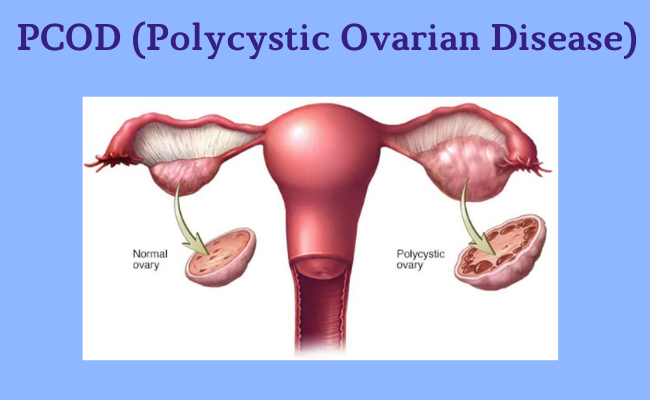There is no one test that can accurately identify polycystic ovary syndrome (PCOS). Your symptoms, medications, and any other medical conditions will probably be discussed at first with your doctor. Your doctor might also inquire about your menstrual cycle and any weight fluctuations. During a physical, it is important to look out for indicators of acne, insulin resistance, and excessive hair growth.examination of the pelvis. Your healthcare professional might look for lumps, growths, or other changes in your reproductive organs during a pelvic exam. a blood test. Hormone levels can be determined via blood tests. This testing can rule out other reasons of irregular menstruation or androgen excess that resemble PCOS. Further blood tests, such as ones to check your triglyceride and cholesterol levels after a fast, may be performed. Your body's reaction to sugar can be measured with a glucose tolerance test (glucose). Ultrasound. Your ovaries' condition and the thickness of your uterus' lining can both be examined with an ultrasound. Your vagina receives a transducer, which resembles a wand. Sound waves released by the transducer are converted into visuals on a computer screen. examination of the pelvis.
For more details please get in touch with us at +919971104538
- PCOD Treatment in Sector 1 Dwarka
- PCOD Treatment in Sector 2 Dwarka
- PCOD Treatment in Sector 4 Dwarka
- PCOD Treatment in Sector 8 Dwarka
- PCOD Treatment in Sector 7 Dwarka
- PCOD Treatment in Sector 5 Dwarka
- PCOD Treatment in Sector 10 Dwarka








